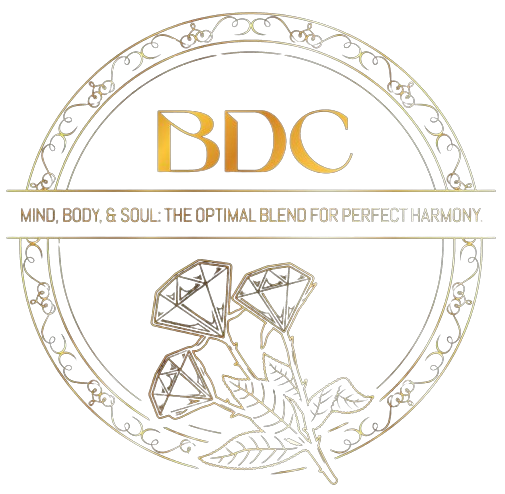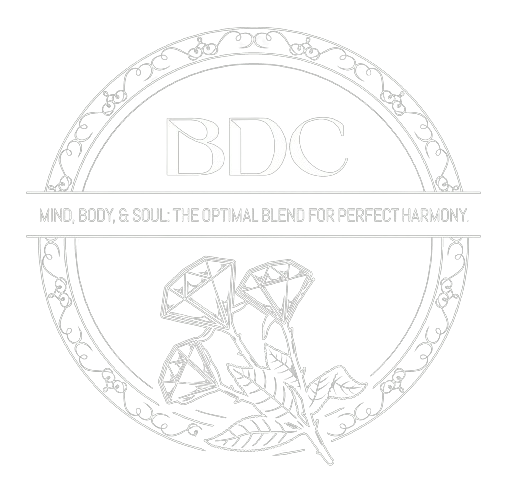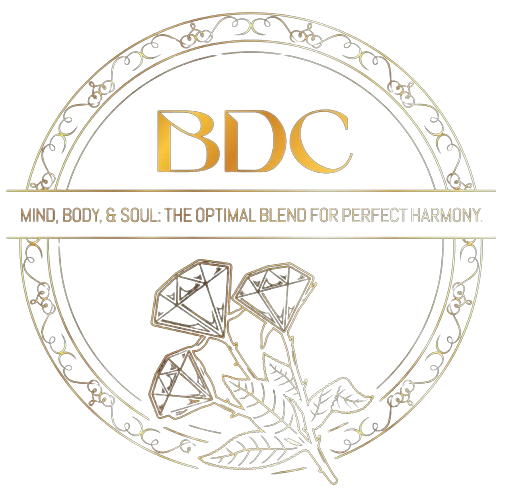Chamomile tea, a warm and comforting beverage enjoyed for centuries, boasts more than just a pleasant taste. This herbal infusion, brewed from dried chamomile flowers, has been used for millennia in various cultures for its medicinal properties [1]. Even today, chamomile tea remains popular for those seeking natural ways to improve their health and well-being.
A Rich History of Healing
Chamomile's journey as a medicinal herb stretches back to ancient times. Evidence from historical texts reveals its use in ancient Egypt, Greece, and Rome [1]. More recent scientific studies have begun to explore the potential benefits of chamomile, uncovering its possible uses for a variety of health concerns.
Modern Science Explores Chamomile's Potential
Research suggests that chamomile may offer a range of health benefits. According to the National Center for Complementary and Integrative Health (NCCIH), chamomile is commonly used to promote relaxation and sleep, reduce anxiety, and soothe digestive issues like upset stomach and gas [1]. Studies have also investigated chamomile's topical application for wound healing and skin conditions [1].
Benefits Beyond the Mug
While many enjoy chamomile tea as a calming bedtime beverage, its potential uses extend beyond the mug. Elliott (2023) highlights several other ways to incorporate chamomile into your routine, including inhaling steam infused with chamomile or using a chamomile compress for skin concerns [2].
A Look Ahead: Future Research on Chamomile
Srivastava et al. (2010) emphasize chamomile's long history of use in traditional medicine and acknowledge the need for further scientific exploration to confirm its potential benefits and understand its mechanisms of action [3]. Ongoing research holds promise for unlocking a deeper understanding of this ancient medicinal herb.
Chamomile tea offers a natural approach to promoting relaxation, sleep, and digestion. While more research is needed to fully understand its potential, chamomile's long history of use and emerging scientific evidence make it a worthy addition to your wellness routine.
References
- National Center for Complementary and Integrative Health (NCCIH) (May 2020). Chamomile https://www.ncbi.nlm.nih.gov/pmc/articles/PMC2995283/
- Elliott, B. (20 March 2023). 5 Ways Chamomile Tea Benefits Your Health https://www.pennmedicine.org/updates/blogs/health-and-wellness/2019/december/health-benefits-of-tea
- Srivastava, J.K., Shankar, E., & Gupta, S. (2010). Chamomile: A herbal medicine of the past with bright future. Mol Med Rep. 2010 Nov 1;3(6):895-901 PubMed Central PMC2995283: https://www.ncbi.nlm.nih.gov/pmc/articles/PMC2995283







